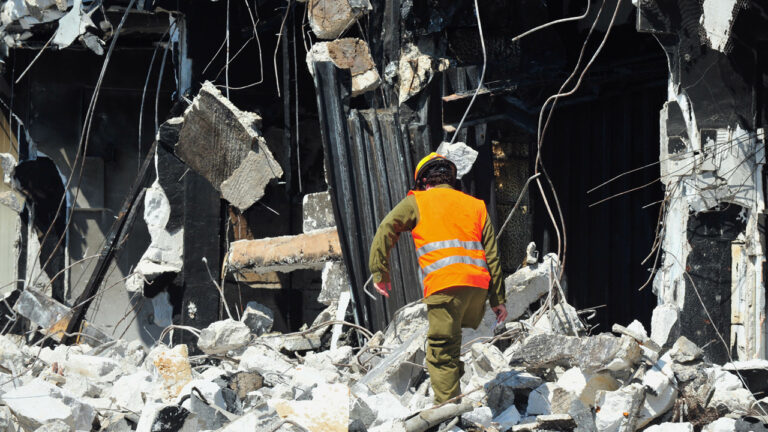Exercise Types
In this 2nd episode of September’s crisis simulation exercise series, Rob discusses the different types of exercises.


Earthquakes can strike without warning, causing immense damage to businesses and putting lives at risk. Being prepared for such events is critical for ensuring the safety of your employees and the continuity of your operations. One of the most effective ways to prepare your business for earthquakes is by conducting tabletop exercises. These simulation-based training…

Why Executive Leadership Needs to Drive Cybersecurity Preparedness In today’s interconnected world, cyber threats are no longer the sole concern of IT departments. Executive leadership has a pivotal role in ensuring the resilience of an organization. A successful cybersecurity tabletop exercise not only sharpens response strategies but also empowers leadership to navigate financial, operational, and…

1. The Master Events Log The MEL (Master Events Log) is an essential document that can help the crisis team document the incident as soon as it starts to unfold. The MEL is a document that should be filled out by a scribe who usually is in close coordination with the crisis leader. The document…

A key tool in the creation of full-scale simulation exercises is the Exercise Plan. Simulation exercises, especially those that are full scale, typically take months to plan and need to be well designed. Having an Exercise Plan will help you stay organized and on track as you make your way through this process. In this…

As businesses continue to invest in cyber security, it’s important to make sure that your team is prepared to handle a real-world attack. Tabletop exercises are a great way to test your team’s response and identify any weaknesses in your systems, processes and capabilities. In this post, we’ll share some tips on how to run…

In today’s world, where safety and security are at the forefront of public consciousness, malls stand as not just centers of commerce but community hubs that attract diverse people every day. With this footfall comes the responsibility of ensuring safety for shoppers, employees, and visitors alike. Among the various threats that malls must be prepared…
Add your first comment to this post